Can Shampoo Cause Hair Loss? A Few Myths & Points To Remember
It may not be the shampoo but the ingredients - uncover the truth behind what’s causing shedding.
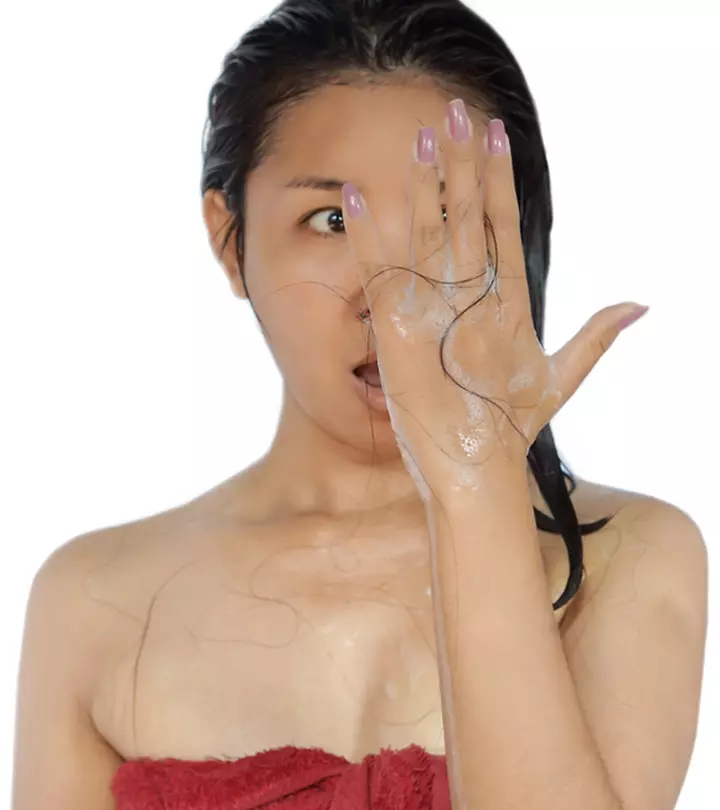
Image: Shutterstock
When you notice excessive hair fall while shampooing, you immediately think of changing the shampoo. But does shampoo cause hair loss? It seems counterproductive to everything they stand for and claim. Here are a few things you may want to consider.
Not all shampoos may cause hair loss or damage your hair. It depends on the product’s formulation, which depletes the scalp of natural oils and damages your hair. Hair loss can also be caused by how often you shampoo and how much shampoo you use. Read on to learn what ingredients to avoid in shampoos to prevent hair loss.
In This Article
Ingredients You Should Avoid

If you’re wondering why hair falling out in the shower after shampooing? One reason could be shampoo. Do check the ingredients in your shampoo because several ingredients in shampoos can contribute to hair loss. Some of them can be irritants and cause scalp inflammation, making your hair thin and brittle. High alcohol percentage in the shampoos can dehydrate your hair. Ingredients, such as mineral oil and petroleum, which are used as lubricants, might weigh the hair down. Hence, look for shampoos that are devoid of such ingredients.
Here’s what you need to avoid:
- Sulfates
Ammonium lauryl sulfate (ALS) and sodium lauryl sulfate (SLS) are the two most common sulfates used in shampoos.
They are strong detergents that have good cleansing and foaming properties that create a rich lather. But the downside is that they can make your hair dull, frizzy, rough, and prone to tangling (1). These sulfates are potential irritants, even at low concentrations, and cause hair damage. If you notice chunks of your while you are shampooing, know that your shampoo has a huge concentration of sulfates.
- Sodium Chloride
Sodium chloride, also known as table salt, is used as a thickener in shampoos.
It might dry out your hair and scalp and cause eye irritation and itchy scalp. High concentrations of sodium chloride can also cause hair loss (2).
- Formaldehyde
Formaldehyde is an antibiotici A type of antimicrobial substance that inhibits or slows down the growth of bacteria in the human body. that helps keep your shampoo safe and shelf-stable.
But high concentrations of formaldehyde can cause contact allergy and rashes (3). It is also considered a carcinogeni Any substance, agent, or ingredient with the potential of causing cancer or increasing its risk. (4). Formaldehyde and other preservatives penetrate the hair and interfere with hair growth and cause damage, leading to hair loss.
 Did You Know?
Did You Know?- Propylene Glycol
Propylene glycol acts as a humectanti A substance commonly found in shampoos and lotions that is used to preserve moisture in the skin. and helps nutrients penetrate your scalp.
However, high levels of propylene glycol may cause scalp irritation or allergic reactions (5). It may also worsen hair thinning. If you cannot find shampoos without this ingredient, opt for products with a low concentration of propylene glycol.
- Alcohol
Stearyl, cetearyl, and cetyl alcohols are found in many shampoos. These alcohols are very drying and might strip the natural oils of your hair. Thus, use shampoos with less concentration of alcohol.
- Fragrances
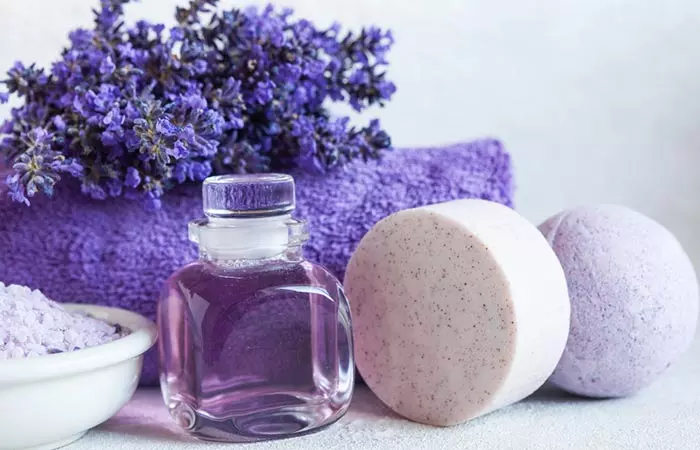
If you have sensitive skin or hair, avoid artificial fragrances and colors in your shampoos. They can cause scalp irritation. Switch to fragrance-free shampoos.
The following section has busted some myths related to shampoos and hair. Scroll down to know more.
Key Takeaways
- Avoid shampoos with ingredients, like sulfates, sodium chloride, and alcohols, as they may cause hair damage and loss.
- Not shampooing at all can allow the buildup of dirt or oils. Wash hair weekly with a gentle shampoo.
- Frequent shampooing with harsh formulas strips natural oils and damages hair.
- Massage the scalp to improve circulation, use diluted shampoo, and rinse with lukewarm water for healthy hair.
Common Myths About Shampoo And Your Hair
Myth 1: If You Use Same Shampoo For Long Time, Your Hair Stops Responding.
You have probably heard that changing your shampoo every once in a while is necessary because your hair gets used to it and does not respond to the formula any longer. However, the truth is far from this.
If your shampoo is not as effective as it used to be, it might be due to changes in your lifestyle, food habits, or medications. It might also be due to a change in the formula or the wrong formula for your hair type. Too many surfactantsi Chemical compounds that reduce the surface tension between two liquids, allowing one to mix well with the other. in the shampoo can leave your hair dry, or too many ingredients can coat the hair and weigh it down. Hence, the solution is not to switch up shampoos but to choose one suitable for your hair type and issues.
Myth 2: Your Hair Will Clean Itself Without Using Any Shampoo.
If you do not wash your hair, it will gather dust, dirt, and be coated in the sebum and oils releases from the sebaceous glandsi Present in the skin and hair that release an oil called sebum, which keeps the skin and hair lubricated. . Shampooing once a week is a must. Heard of the no-poo method? This involves washing your hair with a gentler alternative to traditional shampoos – like vinegar, baking soda, or just water. The no-poo method helps prevent scalp irritation and dryness caused by harmful ingredients in your shampoo. It also helps reduce the overproduction of greasy oils on your scalp. By avoiding shampoos, you are limiting your hair’s exposure to irritants.
Myth 3: Frequent Shampooing Damages Your Hair.
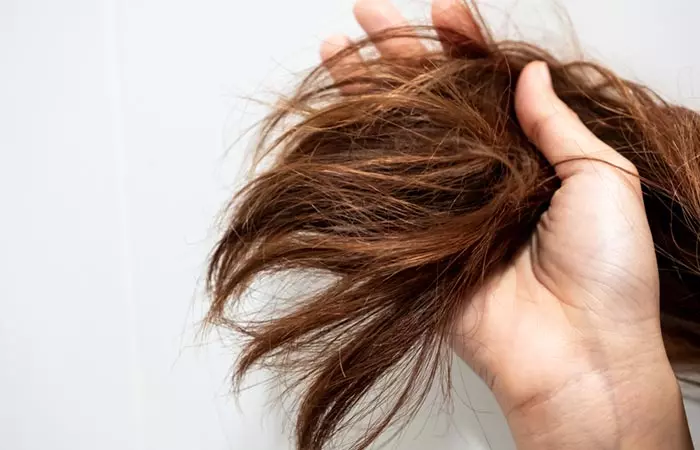
A shampoo not meant for your hair type or with harmful ingredients can damage your hair. Frequent shampooing strips the natural oils of your scalp and causes dryness. Thus, use a shampoo as per your hair type, and follow up with a leave-in conditioner. Remember, overusing any hair care products might hamper your hair health.
Myth 4: All Natural Shampoos Are Safe.
Not all natural shampoos are completely safe for everyone, as some may cause irritation or allergic reactions, especially for sensitive scalps. It’s important to read the ingredient list carefully and test the product on a small patch of skin before using it properly. Additionally, the term ‘natural’ is not strictly regulated, so some products may still contain synthetic additives. Always check for transparency in labeling and choose a shampoo that suits your hair and scalp needs.
 Quick Tip
Quick TipSo, do you have to shampoo your hair at specific intervals? Find out in the next section.
How Often Should You Shampoo Your Hair?
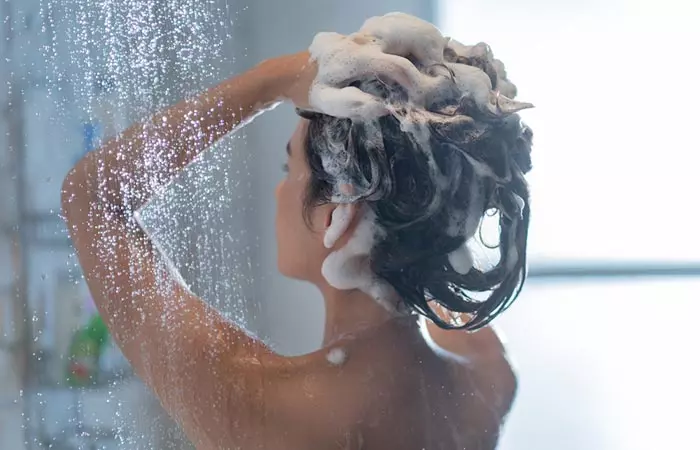
It depends on your hair type and scalp health. If you have dry hair, shampoo not more than twice a week. On the other hand, oily hair types may require daily washing. If you have a normal hair type, shampoo your hair whenever you feel like you need it.
How Much Shampoo Is Enough?
10 ml shampoo is enough to clean your hair thoroughly. Also, the amount of shampoo required depends on your hair type and volume.
To reap maximum benefits from shampooing, remember these points.
A survey conducted on 5793 Americans found that 29% shampooed daily, 31% shampooed 3 to 4 times a week, 26% shampooed 1 to 2 times a week, and 11% shampooed less than once a week. Out of the 31% that shampooed 3 to 4 times a week, 27% were male and 35% were female.
There are many reasons for hair loss, and an unsuitable shampoo or persistent hair wash could be some of them. However, to determine the exact reason, it is crucial to know what type of hair loss you are facing. Is shampoo a reason or some other underlying health issue, such as hormonal imbalance, poor diet, etc.? This will help you find the right solution for the stated concern.
Points To Remember
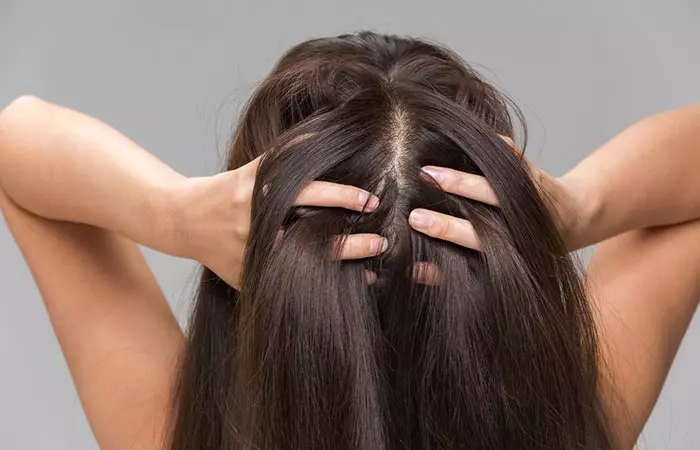
- Massage your scalp frequently to improve blood circulation and achieve healthy and shiny hair. Aaliyah, a hair blogger, frequently massages her scalp to grow strong and healthy hair. She recommends,”You can give your scalp a good massage when washing your hair like I do, or another great way is to massage an oil (like Jamaican Black Castor Oil) into your scalp whilst upside down before you wash (i).”
- Avoid 2-in-1 shampoo and conditioner products as they cause product buildup.
- Use a leave-in conditioner for extra smoothening and moisturizing your hair.
- Rinse your hair with lukewarm water as cold water discourages blood flow to your scalp.
Clearly, using the right shampoos plays a major role in controlling hair loss. But how can you choose the right shampoo? Keep reading to know more.
How To Choose the Right Shampoo
- Pick a shampoo made specifically for your hair type, such as kicky, curly, straight, and wavy, or hair issue, such as oiliness, dryness, frizz, and more.
- Focus on scalp needs, like hydrating formulas for dryness or clarifying shampoos for oily scalps.
- Avoid harmful ingredients like sulfates, parabens, phthalates, and alcohol, which can strip natural oils, cause dryness, or irritate the scalp.
- If you have a sensitive scalp, look for gentle, fragrance-free shampoos to minimize irritation.
- Match your shampoo to your hair goals, such as adding volume, controlling frizz, or repairing damage.
- Check the ingredient list and ensure transparency. A good product clearly mentions its ingredients without vague terms like ‘fragrance’ or ‘proprietary blend’.
- Look for nourishing ingredients like aloe vera, argan oil, keratin, or biotin, depending on your hair’s needs.
- Test a small size or sample first to see how it works for your hair before committing to a full-sized bottle.
- Read reviews to learn about others’ experiences, especially from people with hair similar to yours.
Infographic: Other Possible Causes Of Hair Loss
While the frequency of shampooing and type of ingredients in your shampoo can affect your hair health, there are a few other things you should rule out as well. Check out the infographic below to learn of all the possible reasons that could be causing hair thinning and hair loss for you. Illustration: StyleCraze Design Team
Using hair products with the wrong ingredients may cause severe damage to your hair. Though not all shampoos cause hair loss, some ingredients in the shampoos may strip off the natural oils from your scalp and hair follicles, making your hair thin and fragile. The presence of sodium chloride, formaldehyde, alcohol, propylene glycol, and fragrances in shampoos, may lead to scalp irritation, hair loss, and hair thinning. Sulfate is a common ingredient in many shampoos. It has been seen that sulfates in shampoos could have an adverse effect, as they could lead to dryness, hair thinning, brittle hair, split ends, etc. Therefore, it is best to avoid these ingredients in your shampoos. Go through the ingredients list before you buy shampoos. Follow the tips and points mentioned here to reap maximum benefits from shampooing and maintaining hair hygiene.
Frequently Asked Questions
What can I use instead of shampoo?
You can try co-washingi The act of washing the hair only with conditioner, especially intended to benefit coily, curly, or extremely dry hair. or use a dry shampoo to keep your hair less greasy and clean. You may use organic shampoos made with naturally cleansing ingredients like soapnuts.
Should I stop using shampoo?
If your hair is too dry, rough, and brittle, you should stop using shampoo too often. Likewise, if the shampoo you are using causes an adverse reaction, you should discontinue using it.
Which shampoo can I use every day?
You shouldn’t shampoo your hair daily. However, you can use mild shampoo daily if you have oily hair or scalp. You may also use shampoos made with natural ingredients like soapnuts.
What are the signs that your shampoo may be causing hair loss?
If your shampoo is causing hair loss, you may notice more hair shedding than usual, especially after washing. Additionally, your scalp may feel dry, itchy, or irritated. In some cases, you could also see redness, flaking, or increased sensitivity.
Can we use baby shampoo?
Yes. Baby shampoo is made with gentle ingredients that can be good for sensitive scalp.
References
Articles on StyleCraze are backed by verified information from peer-reviewed and academic research papers, reputed organizations, research institutions, and medical associations to ensure accuracy and relevance. Read our editorial policy to learn more.
- Shampoo and Conditioners: What a Dermatologist Should Know?
https://www.ncbi.nlm.nih.gov/pmc/articles/PMC4458934/ - Effect of Sodium Chloride on the Surface and Wetting Properties of Aqueous Solutions of Cocamidopropyl Betaine
https://www.ncbi.nlm.nih.gov/pmc/articles/PMC4331618/ - Formaldehyde damage to DNA and inhibition of DNA repair in human bronchial cells
https://pubmed.ncbi.nlm.nih.gov/6828890/ - Occupational exposure to formaldehyde and risk of non hodgkin lymphoma: a meta-analysis
https://www.ncbi.nlm.nih.gov/pmc/articles/PMC6929467/ - Propylene Glycol
https://pubmed.ncbi.nlm.nih.gov/29059092/
Read full bio of Dr. Shruti Chavan
Read full bio of Arshiya Syeda
Read full bio of Ramona Sinha
Read full bio of Medha Deb






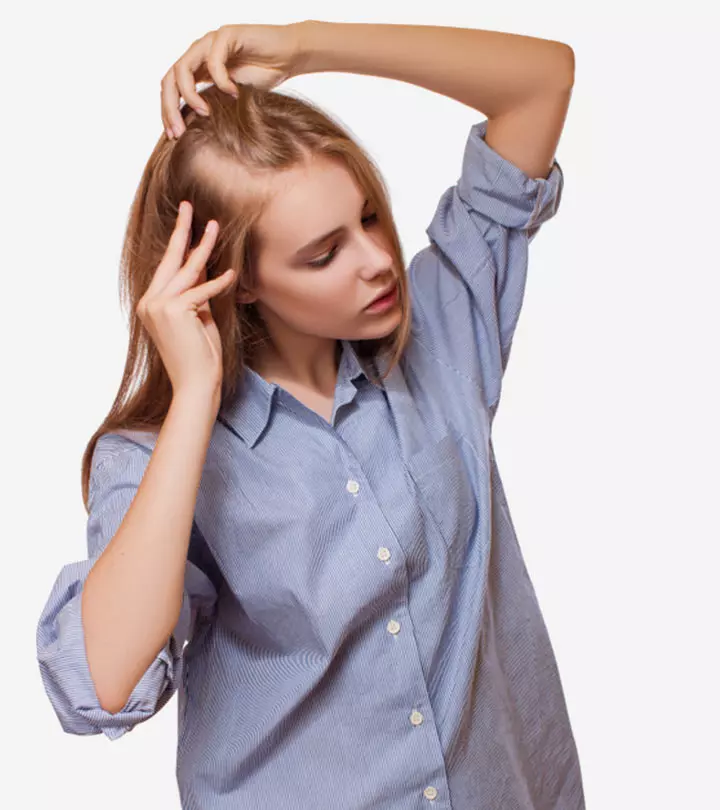
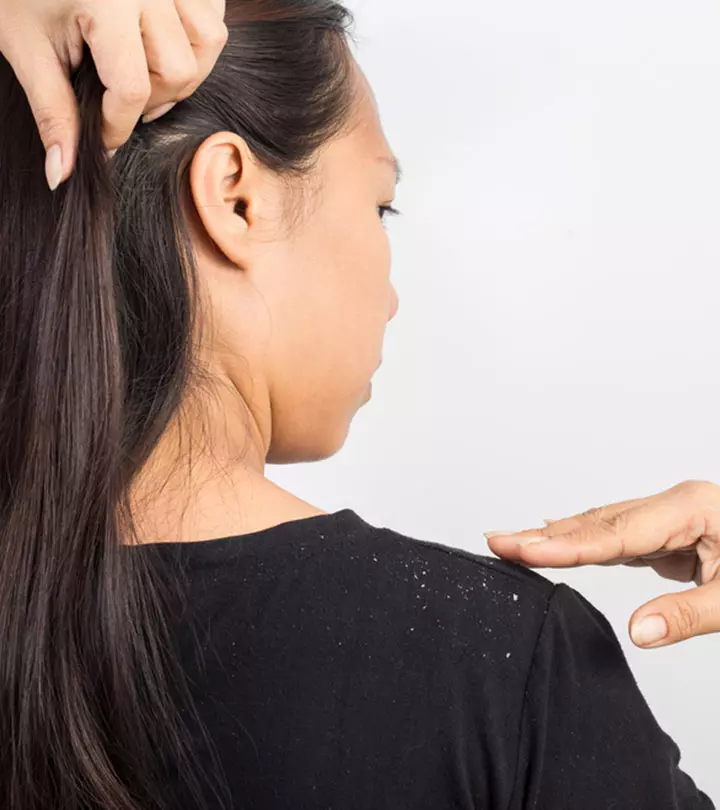
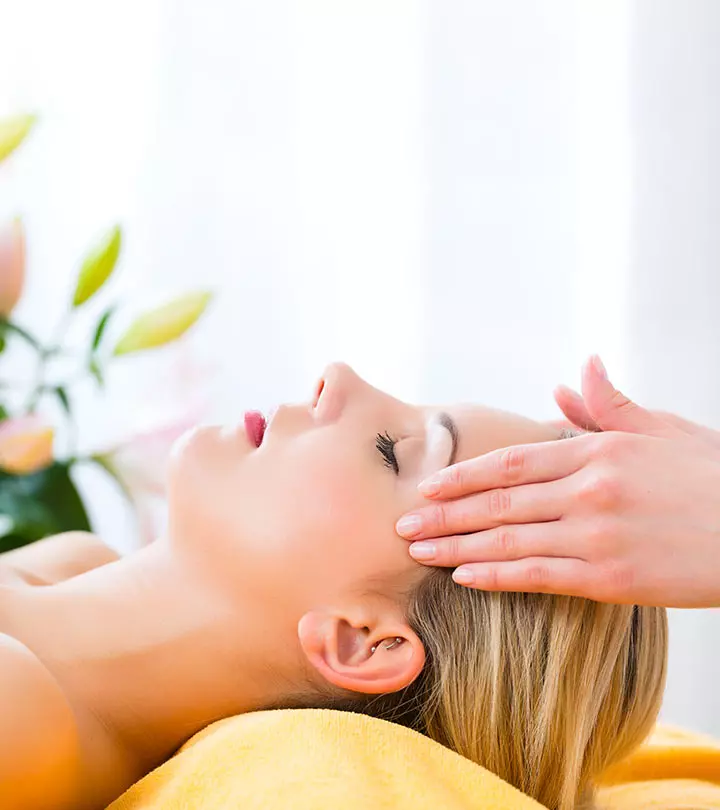


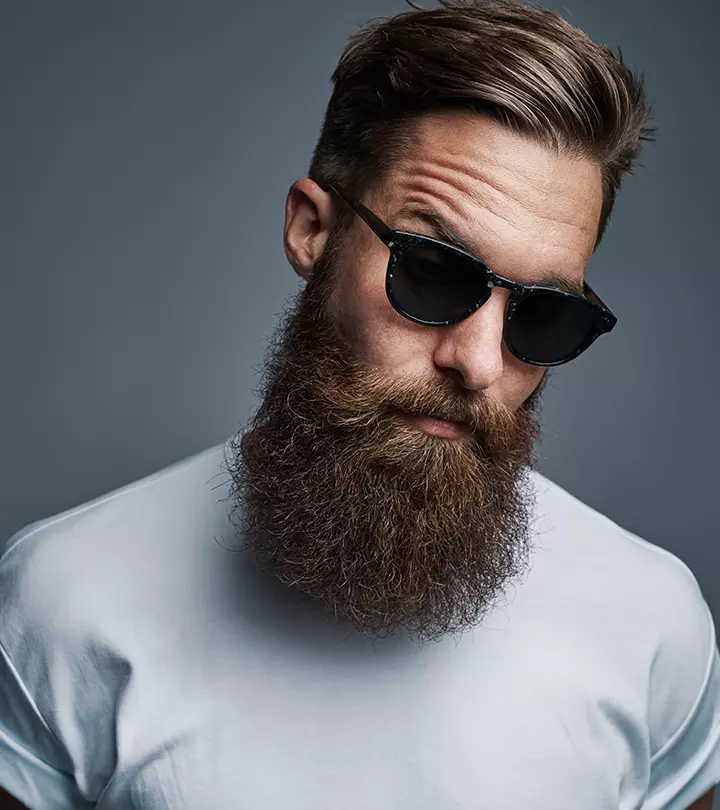

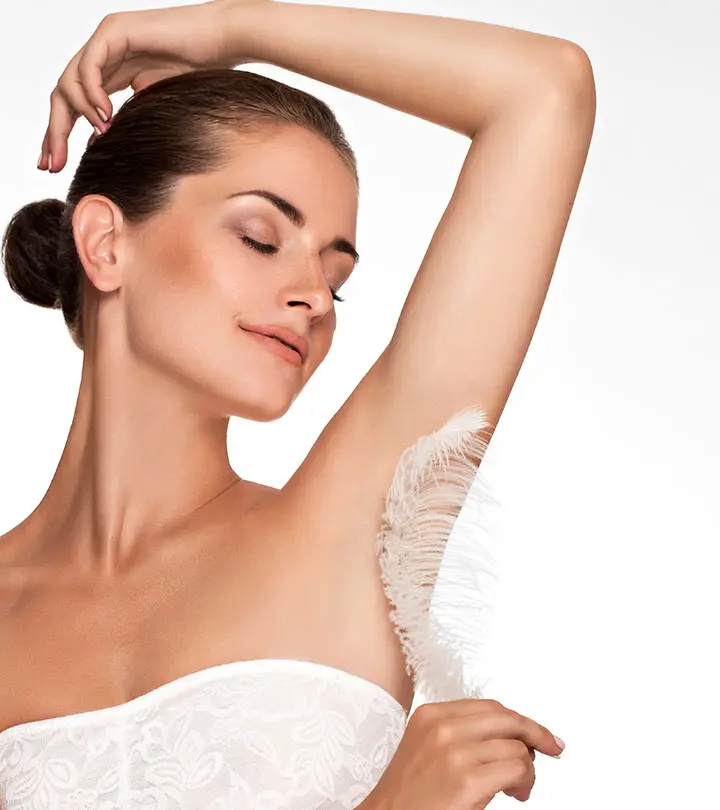

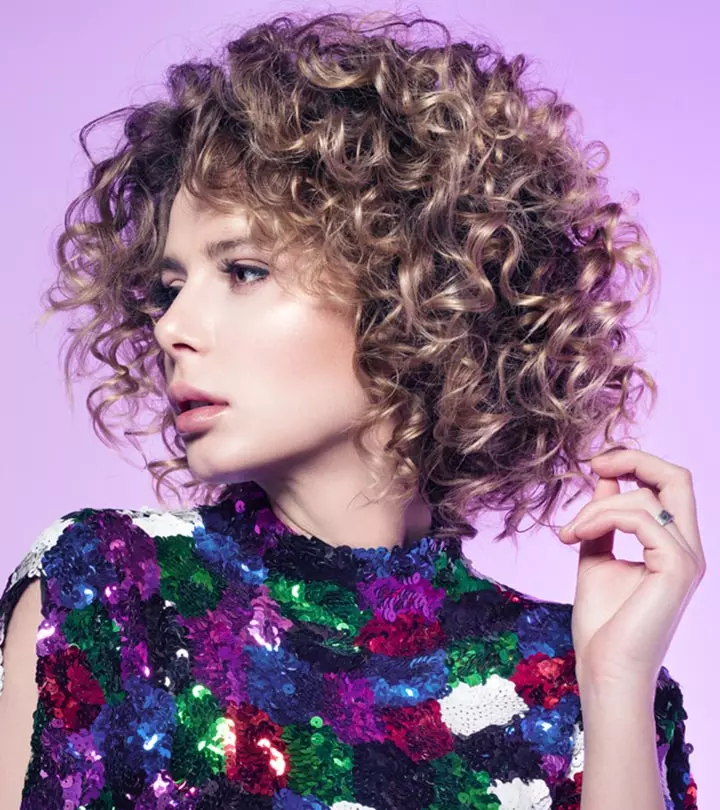
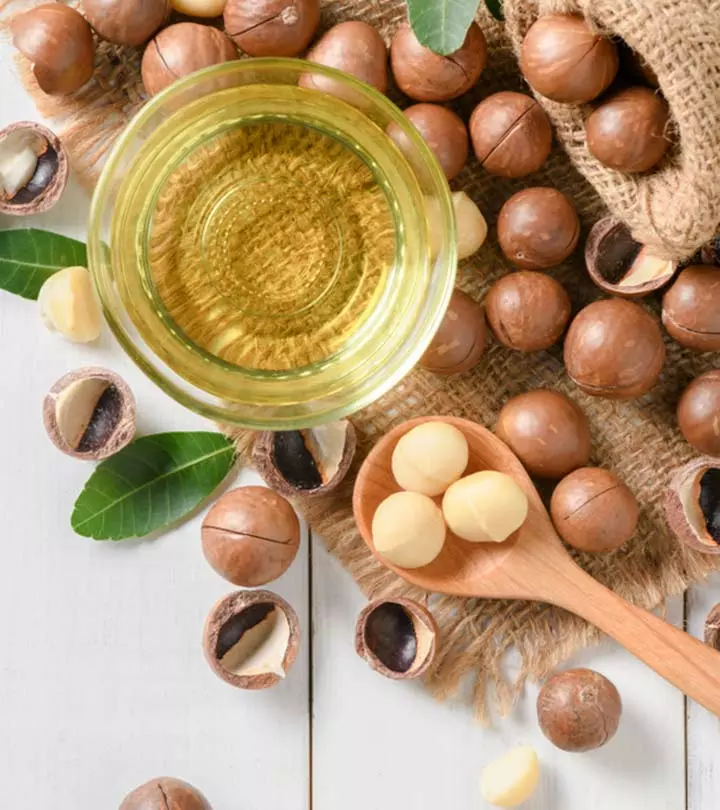
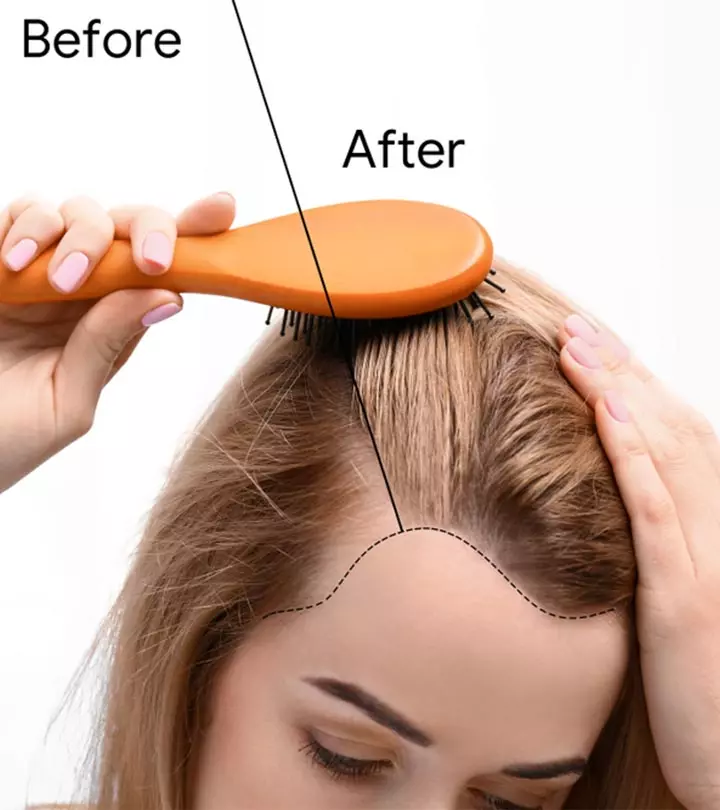

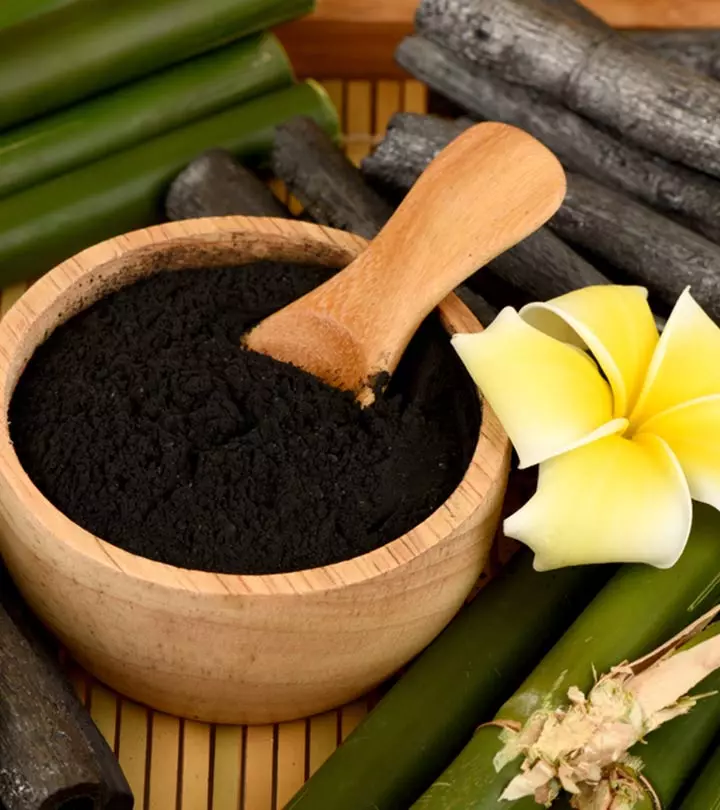
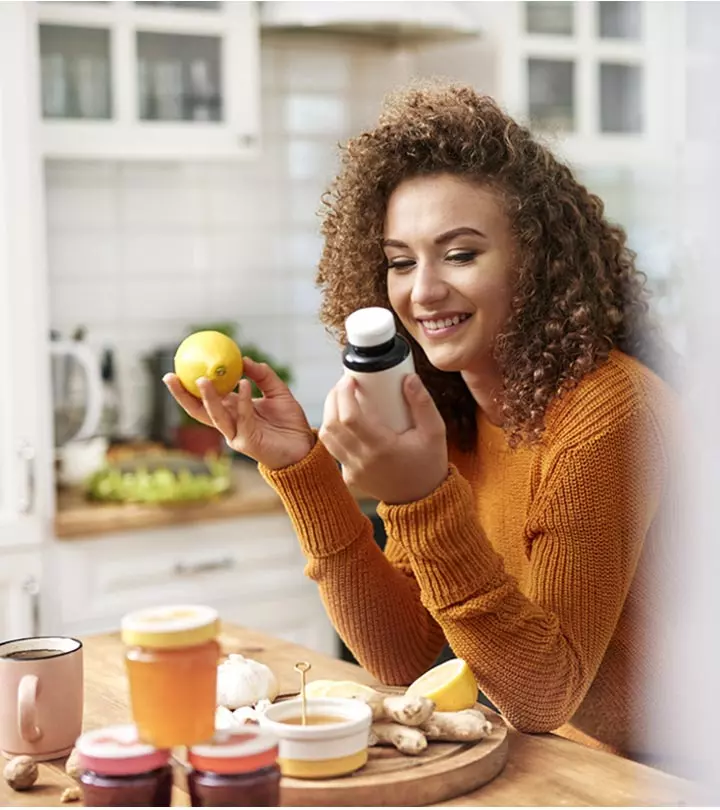
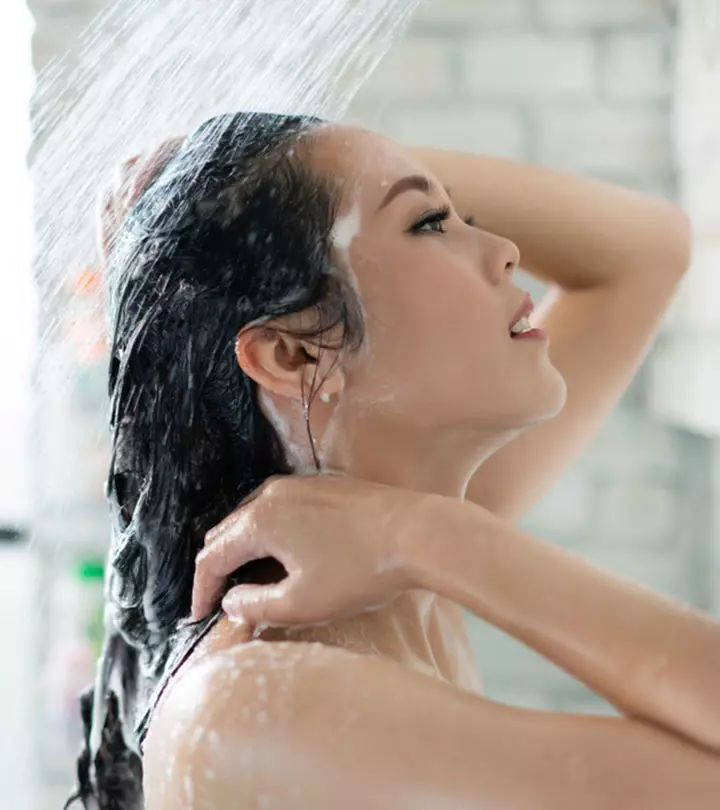
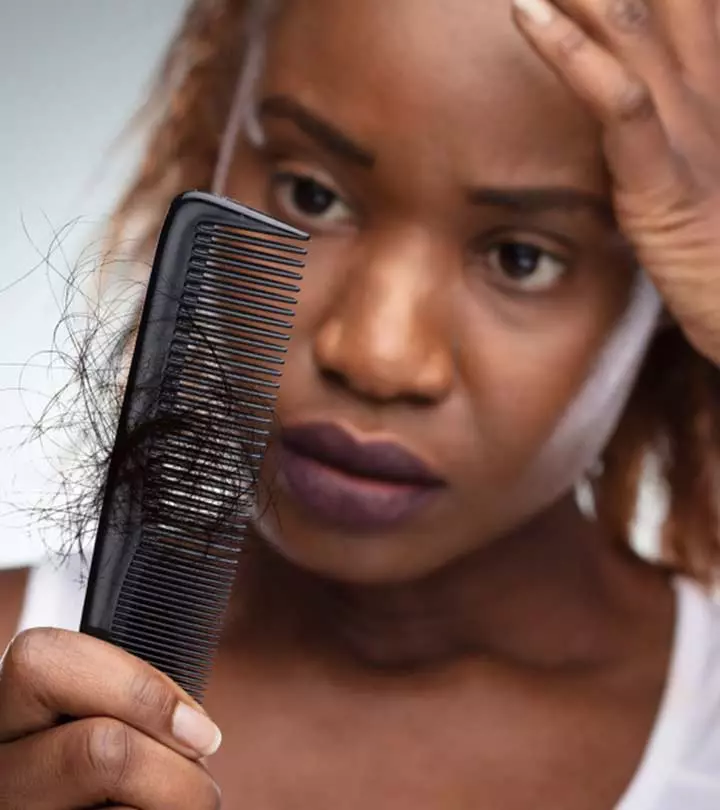
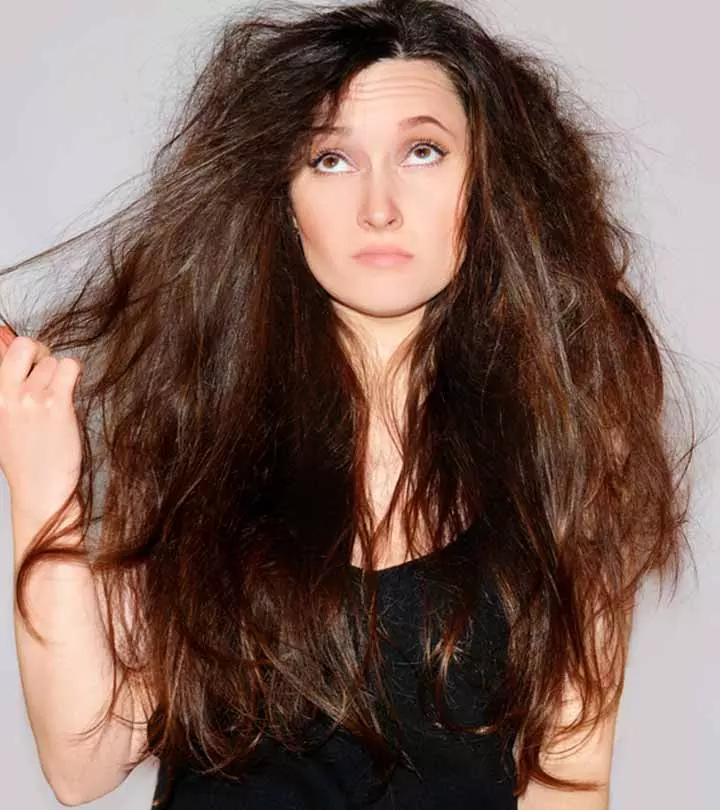
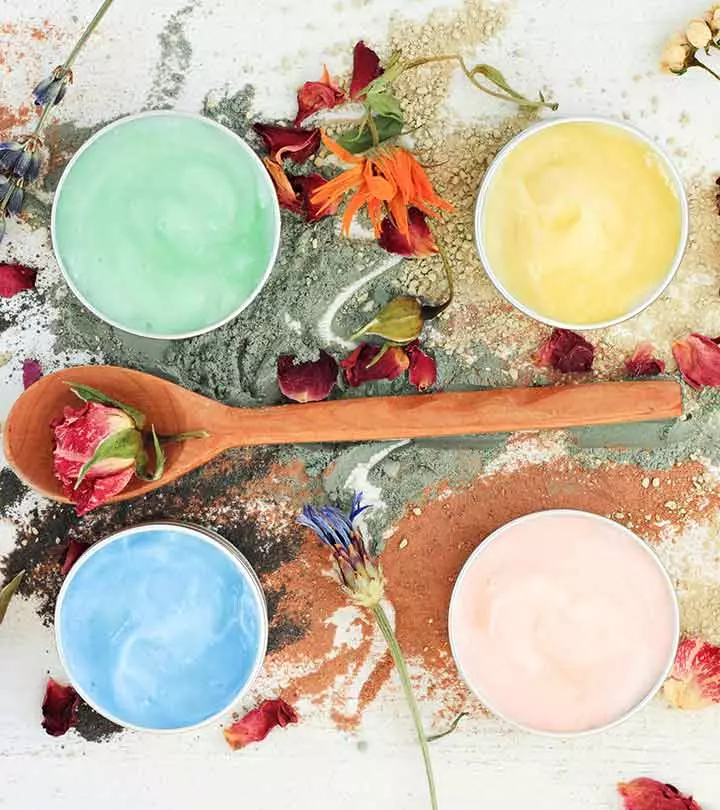
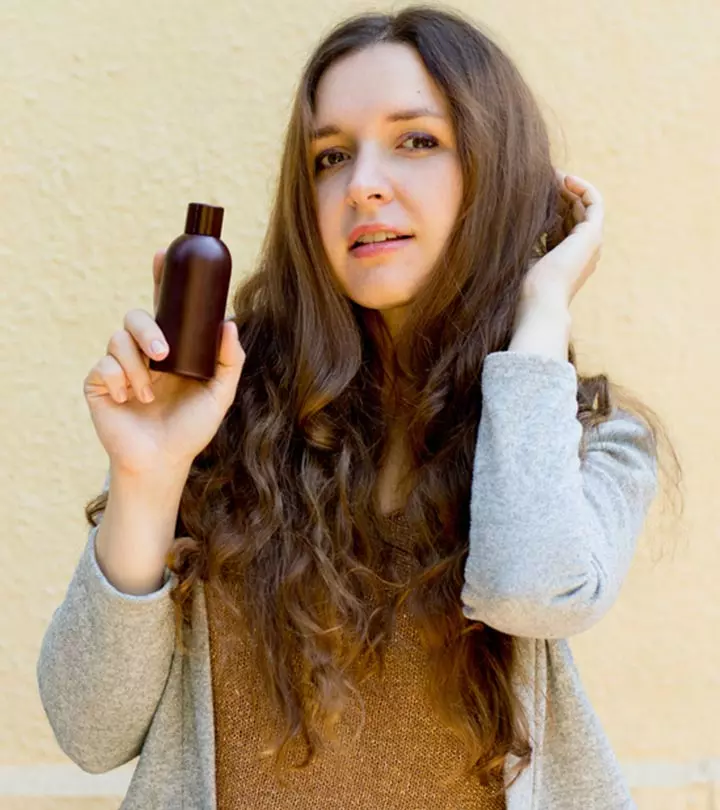
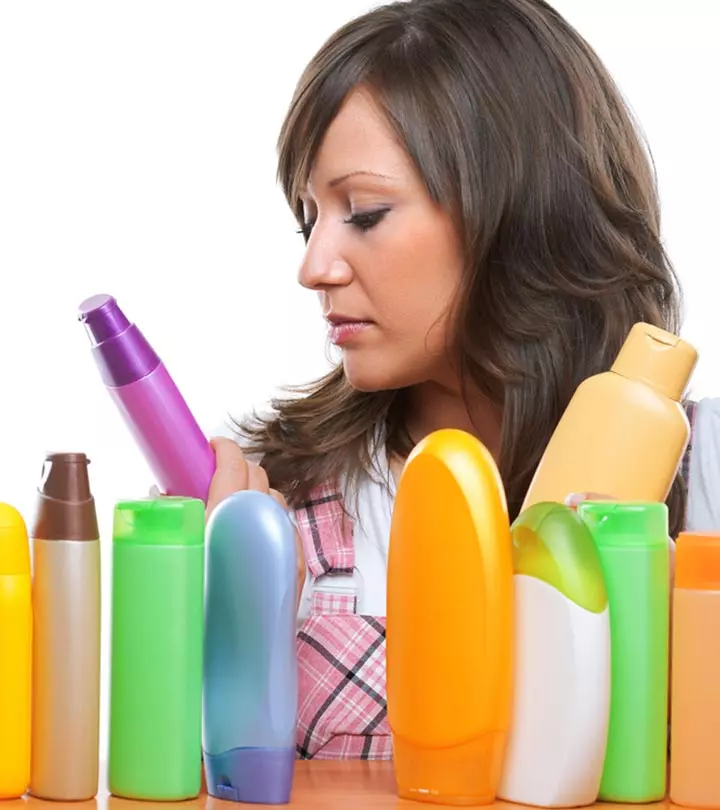
Community Experiences
Join the conversation and become a part of our empowering community! Share your stories, experiences, and insights to connect with other beauty, lifestyle, and health enthusiasts.